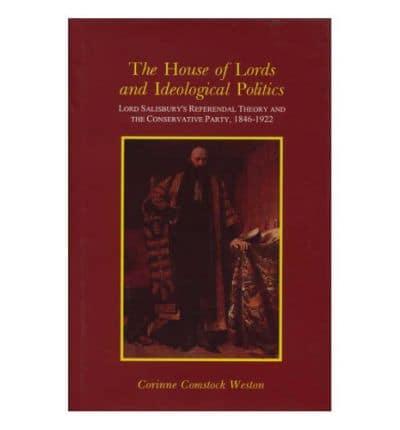Publisher's Synopsis
This study of ideological politics in Victorian and Edwardian England centers on a referendal theory promoted by the great Lord Salisbury when he opposed William Gladstone's Liberal gov'ts. It was subsequently carried forward in the form of the referendum by Salisbury's son-in-law and ideological heir, the second Lord Selborne. Salisbury is today recognized as the most successful electorally of Conservative leaders. Selborne, though not as well known to historians, had a high contemporary reputation as an imperial proconsul who had united S. Africa. According to the referendal theory, the House of Lords had a duty to refer disputed legislation to the electorate when the House of Commons, in the lords' judgment, lacked a mandate for the measure in question. That is, the lords' political barometer was not the commons, as Gladstone contended, but the nat. at large. If this proposition prevailed, the lords could freely exercise an independent legislative veto in an age of expanding democracy. Not until the Liberals passed the Parliament Act (1911) were they able to counter the theory effectively. But well before this, Selborne's advocacy of the referendum was challenged by another Conservative leader, Lord Curzon, who had served for a decade as viceroy of India. Their rivalry is one of this study's most provocative and illuminating themes.











